Cadillac rival, Volvo, has stated its intention to sell only all-electric cars by the year 2030. The move would rival Cadillac’s EV strategy, though Volvo has yet to declare the plans as official.
There is a good reason not to be more definite than this. According to Volvo’s official statement, the decision “builds on the expectation that legislation as well as a rapid expansion of accessible high quality charging infrastructure will accelerate consumer acceptance of fully electric cars”.
The first fully electric Volvo, the XC40 Recharge, went on sale during 2020. The Swedish company, currently owned by Chinese company Geely, has just announced its second BEV, the C40 Recharge, which is the first Volvo ever based on an EV-specific platform. By comparison, Cadillac’s first EV, the Cadillac Lyriq, is due to arrive in the first quarter of 2022.
By 2025, Volvo hopes that 50 percent of all its global sales will be accounted for by electric vehicles. Another Cadillac rival – Jaguar, has declared it will be all-electric by that year. Meanwhile, half of the Cadillac portfolio was expected to consist of EVs by then, though the accelerated development progress of the Cadillac Celestiq flagship luxury sedan suggests that this may, in fact, happen sooner.
“There is no long-term future for cars with an internal combustion engine,” said Henrik Green, Volvo’s Chief Technology Officer. “We are firmly committed to becoming an electric-only car maker and the transition should happen by 2030. It will allow us to meet the expectations of our customers and be a part of the solution when it comes to fighting climate change.”
Volvo has also announced that its future all-electric models will be available to buy online only: “As part of its new commercial strategy, Volvo Cars will invest heavily in its online sales channels, radically reduce complexity in its product offer, and provide transparent and set pricing models.” The statement continues, “This eliminates the need for negotiations, increases transparency and builds trust.”
The implications for existing Volvo dealerships are profound. A decade from now, if the plan goes ahead as stated, they will likely still exist as showrooms, parts depots and service outlets, but they will no longer sell vehicles. It will be interesting to see how many other manufacturers follow Volvo’s example.
For Håkan Samuelsson, Chief Executive of Volvo Cars, there is no alternative. “To remain successful, we need profitable growth,” he said. “So instead of investing in a shrinking business, we choose to invest in the future – electric and online. We are fully focused on becoming a leader in the fast-growing premium electric segment.”
We will be here every step of the way during the Cadillac EV transition, so be sure to subscribe to Cadillac Society for ongoing Cadillac news coverage. We also invite you to join the latest discussions in our Cadillac forums.

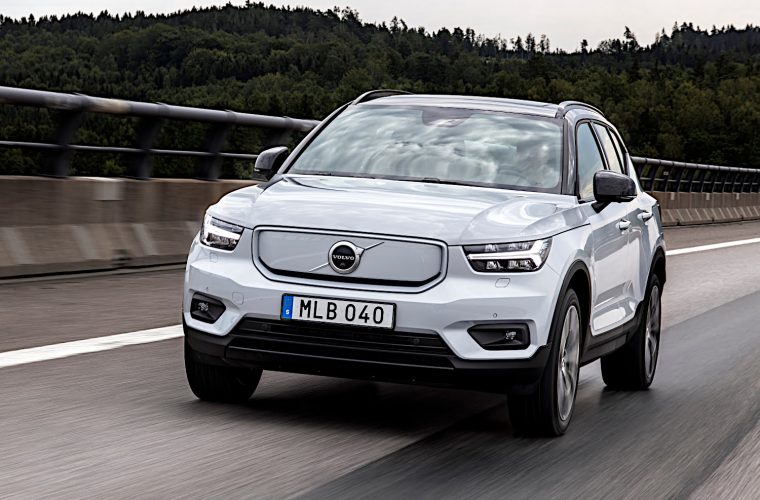
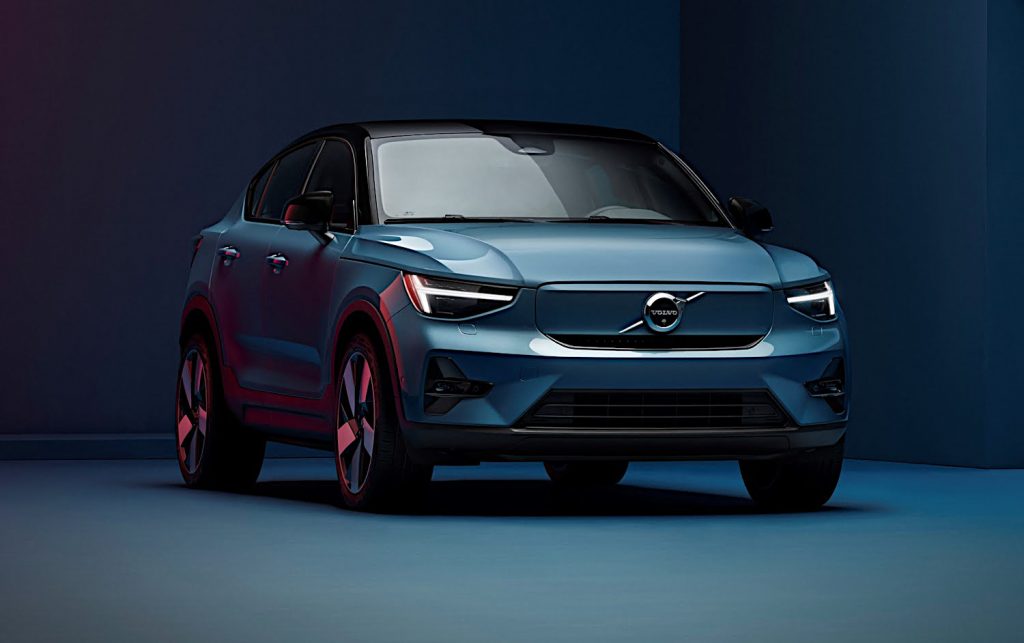
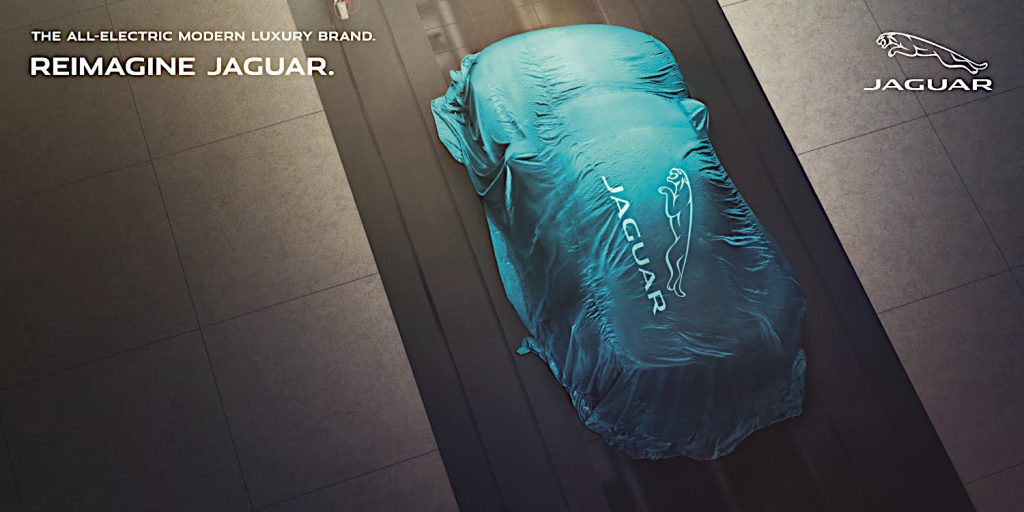
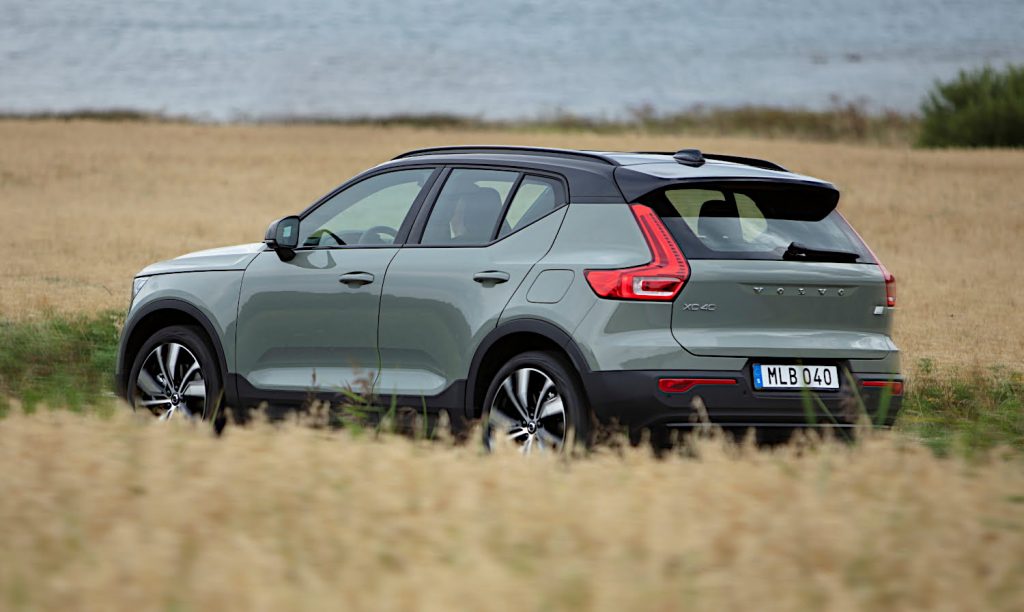
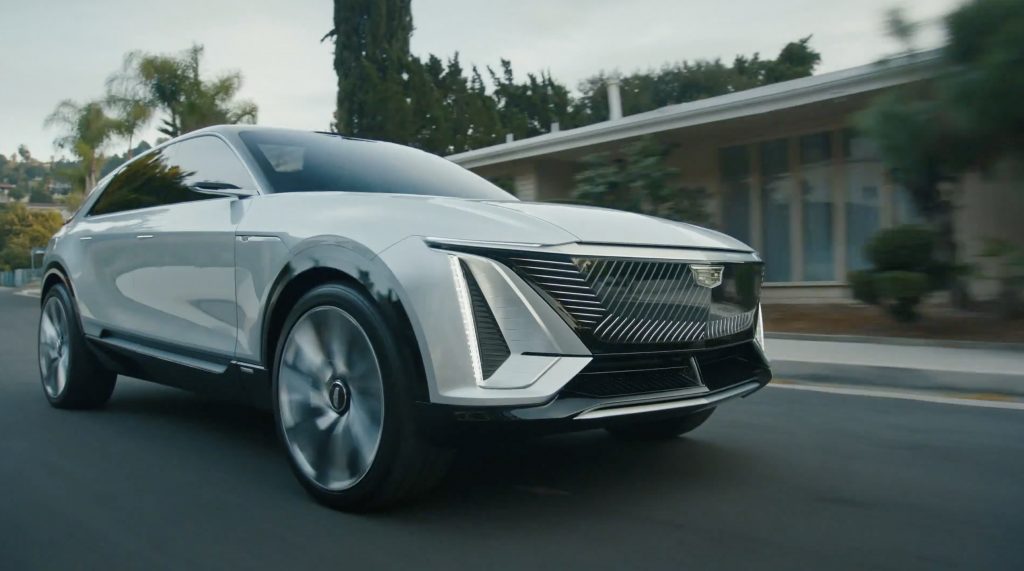
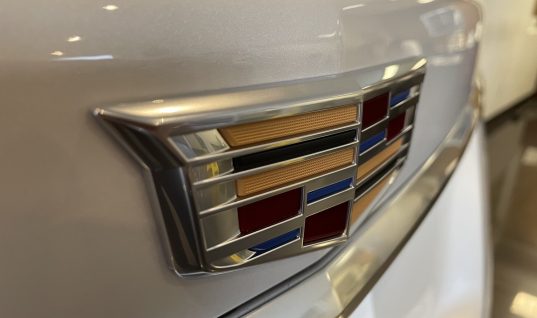
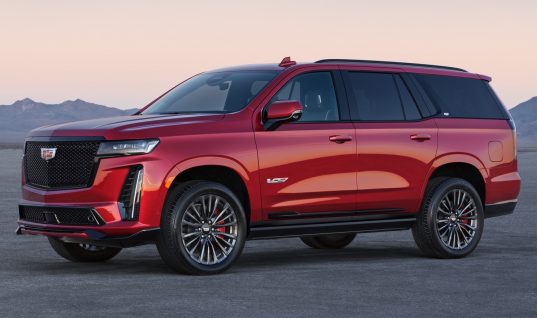
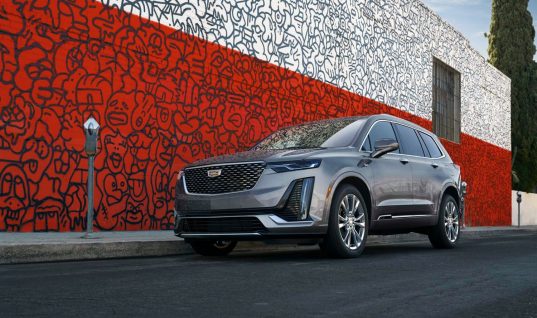

Raymond
The Volvo XC40 Recharge costs more than the Cadillac Lyriq will, so the competition will be decided by pricing. I expect that Cadillac will win.